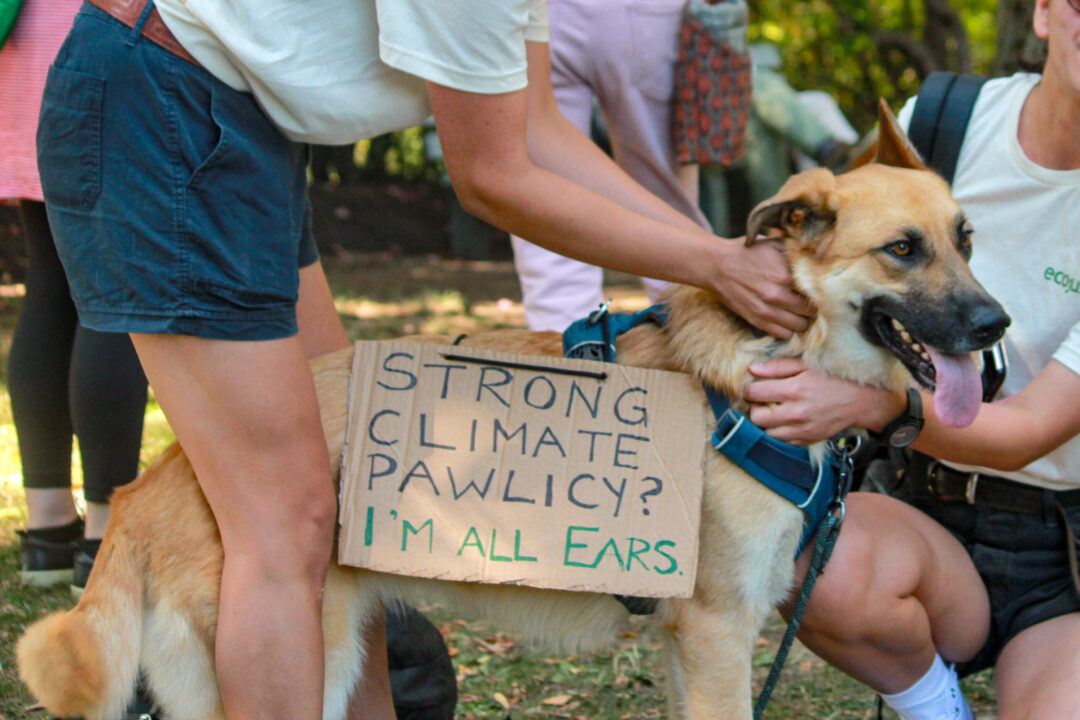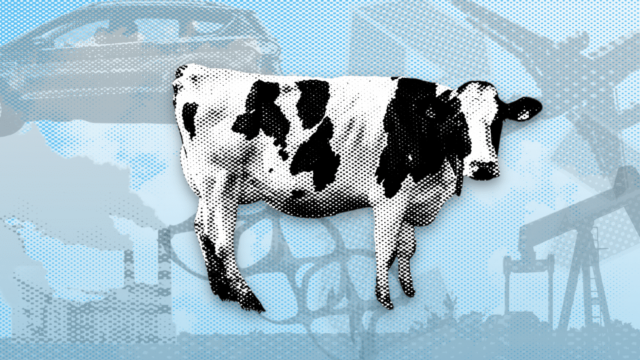Hold on to your calendar pages because we’re not turning to March yet.
On February 29, 2024, those of us following the Gregorian calendar will be marking leap day. Now, some of you might be thinking ‘Do we still need leap years?’ or ‘What happens if you are born on Feb. 29?’
‘Yes’ to the former, unless we want our seasons to start shifting. And to the latter, that depends. Many a leapster, leapling, or leaper (as people born on a leap day are called) celebrate either side of February 29 and enjoy a rare leap day birthday every four years or so.
Why doesn’t leap year happen every four years?
Without getting into too much of the science, the current solar dating system has a few quirks. That is, no century year is a leap year unless it is exactly divisible by 400 (e.g. the year 2000). And any year evenly divisible by 4,000? Not a leap year. In this way, the Gregorian calendar used by the majority of the world now will remain accurate to within one day in 20,000 years.
Now that the math is sorted. Who started leap day?
According to the Encyclopedia Britannica, “After years of consultation and research, Pope Gregory XIII signed a papal bull in February 1582 promulgating the reformed calendar that came to be known as the Gregorian calendar.” and we lost ten days in the process. Somewhere there’s a movie begging to be made about those vanished days. A comedy of errors, maybe. Or a tragic romance. Anything better than the 2010 film Leap Year starring Amy Adams.
What will you do with your extra day?
It’s hard to think about why we need a leap day without being reminded how interconnected we are with nature. We live on a planet in a solar system. We are not brains in jars floating about untethered to space and time. Earth, the only planet we’ve ever called home, orbits the sun — taking 365.24 days to do so. That .24 is what we’re compensating for when we throw a leap day into our lives. Consider it mother nature’s gift, a lagniappe of sorts.
An extra day to put towards building a better future for this planet.
Use your time well
Whether that means spending a couple of hours helping a neighbour, or volunteering at a local community group, giving back to those around you is a tangible way of bringing about a kinder world.
You can also take a few minutes out of your day to write your elected leaders.
Remember, we need to change the things that make the most difference. That means breaking free of fossil fuels and putting nature first.

Give what you can
If you’re able to, non-salaried folks, consider donating a portion of your leap day’s earnings to a cause you care about deeply. Forget marriage proposals and 12 pairs of gloves, why not start a new tradition and give a charitable gift on leap day in someone else’s name?
Leap into action
Ecojustice has a unique approach to bringing about change: we use the law. That means when governments and corporations abuse this planet, we sue them. And when existing laws fail us, we work to improve them.
We take legal action at critical points. For example, when logging threatened the habitat of the last remaining wild Spotted Owls in B.C., we took to court. Or when the building of a new shipping container terminal would harm the endangered Southern Resident Killer Whales, we took decisive legal action.
You can join us.




